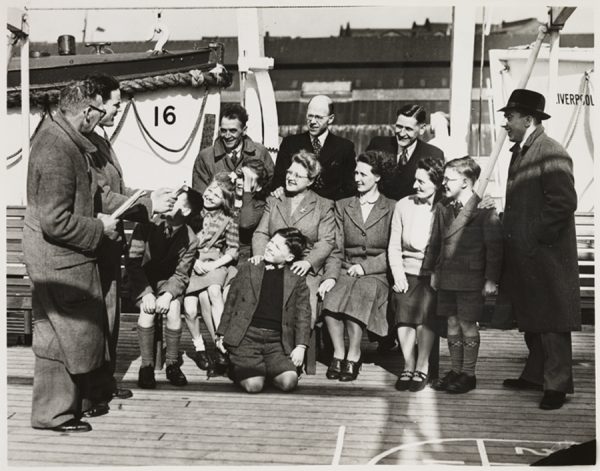
03 May History Of Travel Visa
Ever since it was just a royal order rolled in the hands of a few high ranking diplomats, the international visa protocol has come a long way.
Visa documentation has been a feature of international travel for well over a generation. The procedural intricacies of applying for and obtaining a visa define international travel protocol and the rights and responsibilities of visitors abroad.
The evolution of visa documentation has also been a story of changing travel habits and technologies available to humans. It has also been influenced by the state of international affairs, as diplomacy grew after World War I.
Sea faring elites
In the earliest times, travelling abroad was the privilege of a select few. They were either emissaries, traders or explorers, who had the implicit backing of the sovereign of a country. As such, their passages into countries was a matter of international relations. They often carried with them the manifest handed to them by the royal courts.

All aboard the gravy ship
One of the earliest examples of a visas issued by a national authority for immigrants and visitors, was the US Immigration Act of 1924. The legislation mandated that immigration officials were to only let in immigrants who had applied for and gained a US visa prior to reaching the port of entry. Prospective immigrants, therefore, had to visit US embassies abroad to seek visas.
Bordering on restrictive
The visa system was further tested during and after World War II. With proliferation of new nationalities and new passports, a global database of travellers had to be created to trace many war criminals, who tried slipping through the cracks in international bureaucracy. Many ex-Nazi officials were found to have obtained visas with false Red Cross passports.

Visas have evolved since then to be exacting documents, which determine how long visitors can stay in the country, the parts of the country he may visit and the activities he is authorised to pursue while in the country. Visa, therefore, is an irony: it makes crossing borders easier, but it tends to restrict your movements once you do.




Sorry, the comment form is closed at this time.